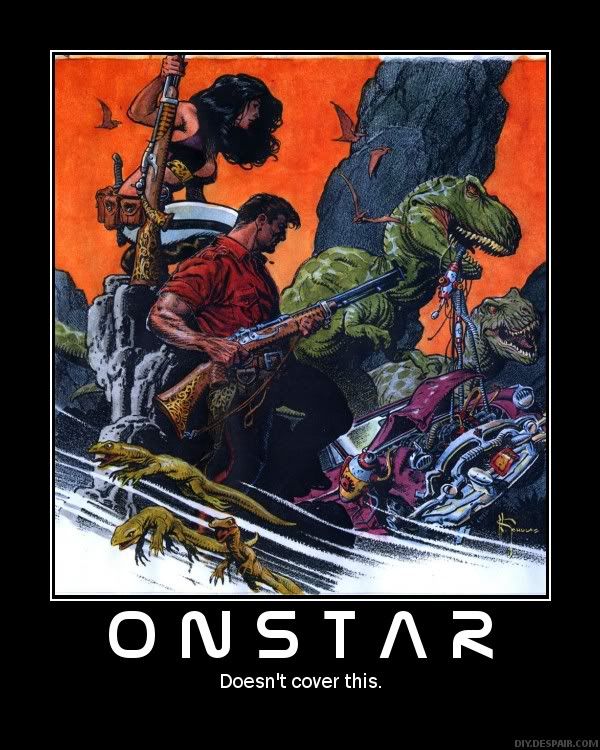
You know what game I'm sick and tired of?
"Let's save the Comics Industry!"
I've seen a lot of blog posts, editorials, articles, and heard a lot of podcasts on the subject. And personally? I'm not sure any of it works. I'll just go through some of the shorthand arguments, and my thoughts on them. Follow along!
1) COMICS NEED TO BE MORE FUN!
This is actually two statements - one of them is the surface argument that comics should focus on more lighthearted adventure, and the stealth statement - "Comics need to be more like they were when I started reading them!" Interestingly we've got a couple of samples of both philosophies in action.
In so far as "Lighthearted Fun" comics, we've got the Marvel Adventures line, we've got Incredible Hercules, we've got Agents of Atlas, we've got Tiny Titans, and a few other titles. None of them huge sellers in any market.
As for trying to set things back to the way they were when an earlier generation started reading comics, you've got everything Geoff Johns has done with DC, and the current state of the Spider-Man books, which is steadfastly dedicated to bring back the Spider-Man comics of 1982 or so. Again, no real success here.
In both cases, the same root problem is evident - there are no kids reading comics because the cost is so high per unit of entertainment relative to every other medium out there. $20 US for a trade paperback that will provide 1 hour of entertainment (tops) is nothing vs. a $10 DVD for 3 hours vs. $40 for a video game with over a dozen hours. Comics are always going to lose in that regard - simple as that. Bringing down the cost of a comic is a huge battle, primarily because at the end of the day, paper is expensive.
So sorry, but that line of reasoning holds no water with me.
2) WE NEED TO FREE OURSELVES FROM THE DIRECT MARKET, GET SMARTER RETAILERS, AND GET A LARGER PRESENCE IN THE BOOKSTORE MARKET!
I like this one a little better, but it's hardly a simple matter. Most informed commenters agree on this.
First, there's getting away from a purely direct market model, which in most cases means something other than Diamond Distributing. Thankfully, some publishers are already experimenting with alternative methods and I wish them luck. Of course, there are couple of significant obstacles. The lack of any successful model for a publisher outside the traditional direct market is hard to come by, and getting of the Diamond train requires retailers to be that much smarter and harder working to get your product unless such a large chunk of their market switches over that they feel they have no other choice.
Secondly, really smart and hard-working retailers are a rare beast. Consider that to be a successful retailer (in the truest sense of the term), you have to not only navigate the Diamond Distribution system and get the comics to your shop in some timely and cost-effective way, you have to plan, months in advance, for what your customers want. You have to figure out your market and audience, and find ways to reach them in your community with regularity to keep a rock solid customer base. Sadly, such advanced business skills are rare amongst shop owners, especially those in cities with smaller populations where the market for comic books is already small. This results in comics (at least in their singles format) becoming more and more of an urban feature - restricted to cities with sufficiently large populations (well over 100,000) to sustain a reliable market base. For the trades, it's the bookstores, and that creates a new set of issues.
Bookstores are already facing troubles as it is reaching to people in this digital age where people read less and less (there's a reason I'm not even addressing the issue of newstands - because even the NEWS can't make it on the newstands, never mind comics). To compound that, American comics suffer in comparison to their competition in the manga section. The Manga sections in a bookstore are very clear - there are separate sections for "young readers", "young adults", and "Adults". The series are clearly marked by volume so customers know where in the series they are, and all the books are uniform on a clear shelf. American comics are big clunky things, many of them in slightly different sizes and variations, with a byzantine continuity, multiple different versions, and no clear age distinctions. This makes them a problem for casual buyers that won't be resolved until these companies get a more disciplined act together.
Again, the problems are format and price. Sure, you could make a $0.99 download for the iPad, but first you'd have to drop $200 for an iPad to begin with (assuming the price drops down that low at some point). Publishers also feel that making comics in a format that is easy to download onto regular computers carries a risk of piracy, which is a valid feeling. Still doesn't solve the problem.
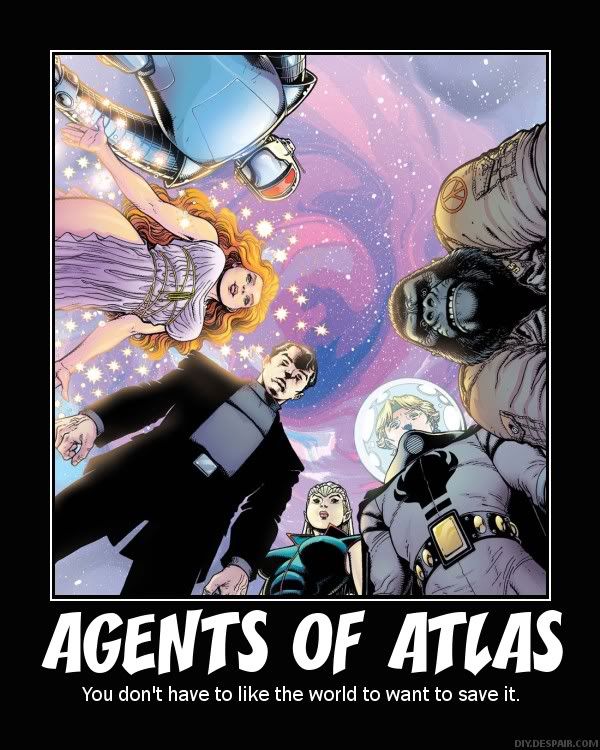
Now, despite all I just said, I'm not that bummed out about any of this. I do think that we now have a lot of options to keep comics alive. But I'll be quite happy if they aren't going to be a continuation of the system we've had for the last 30 years, because that system has been a failure that has crushed creativity and creators rights.
Here's hoping that the new system provides a few more options. Of course, the only way that'll happen is if people start talking now about the system they want, and one that can work.
Welcome to a whole new world.
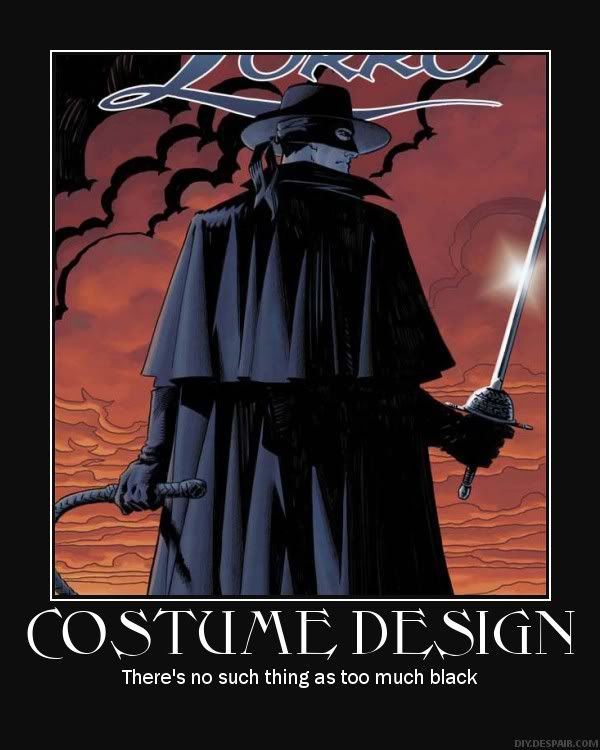
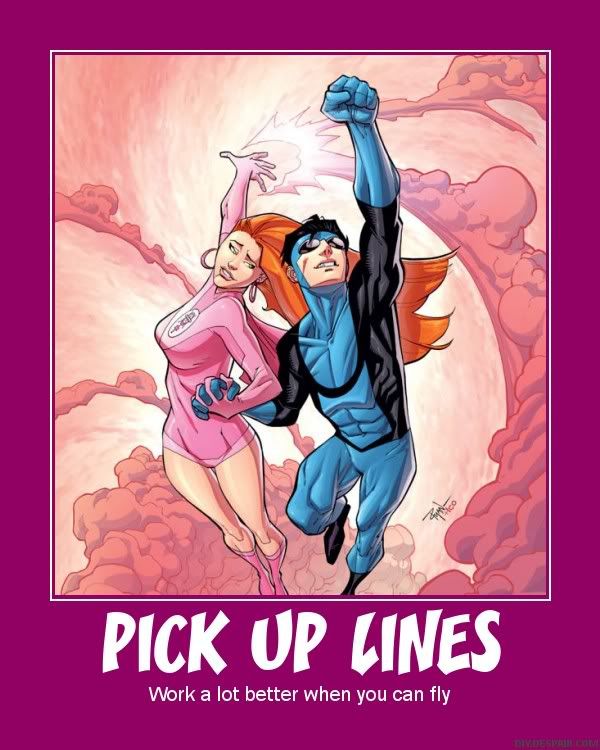
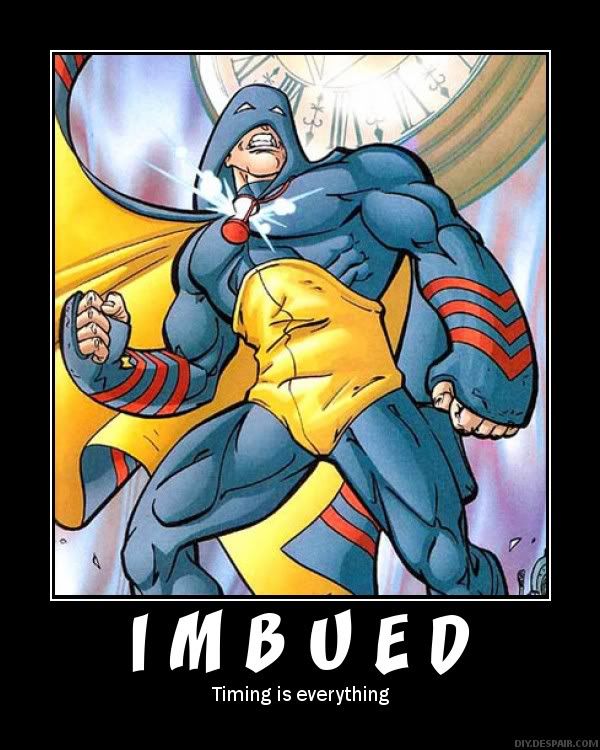
3 comments:
Nothing gets my attention like a post about the future of the comics industry that uses my store's name as it's title.
I think you are right on nearly all of your points and where you deviate from truth as I know it, I don't find myself surprised.
People don't read for pleasure as much as they did even 20 years ago. And those who do the most seem to be the hardest to convert to our favorite medium.
But, our future is bright. We are the trendmakers. We are the dreamers of the dreams. Our medium will continue to evolve and our direct market with it.
Keep fighting the good fight.
Thank you for posting, sir. Feedback is always appreciated. I am curious what areas I'm not accurate on, as I strive to understand matters better.
12 years ago, I started writing prose superhero stories to amuse my friends because somebody said the only way to "save the comics industry" was to get teenage girls reading comics. Thanks to enthusiastic evangelists like me, girls ARE reading comics now ... but they're called manga. Now my short stories are a novel, I'm talking to publishers, and it's truly depressing how many editors, publishers, and readers view comics as an alien life form. It's also fascinating how many of them hear the word "superhero" and assume I can't be talking about a real novel, with more words than pictures.
But every time I run a "Comics You Should Be Reading" entry on my blog, I get kids and parents and teachers thanking me for introducing them to a medium they never knew existed. I agree with you on the need for a higher profile and a more cost-effective model. For one thing, we're losing too many reluctant readers without comic books to suck them into the printed word ...
Post a Comment